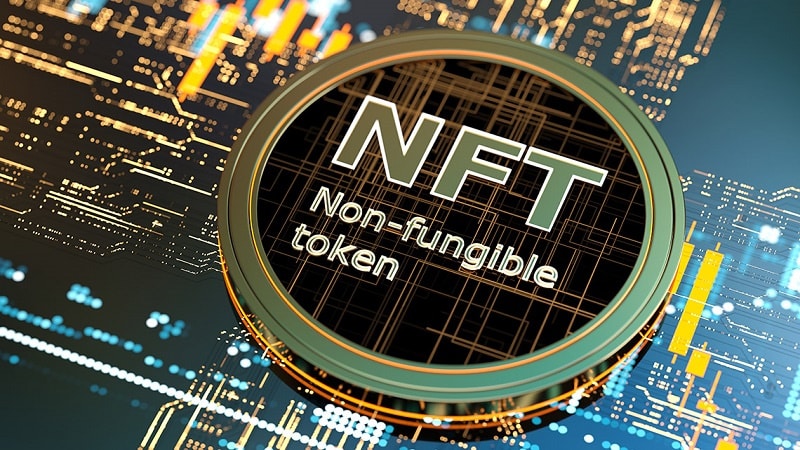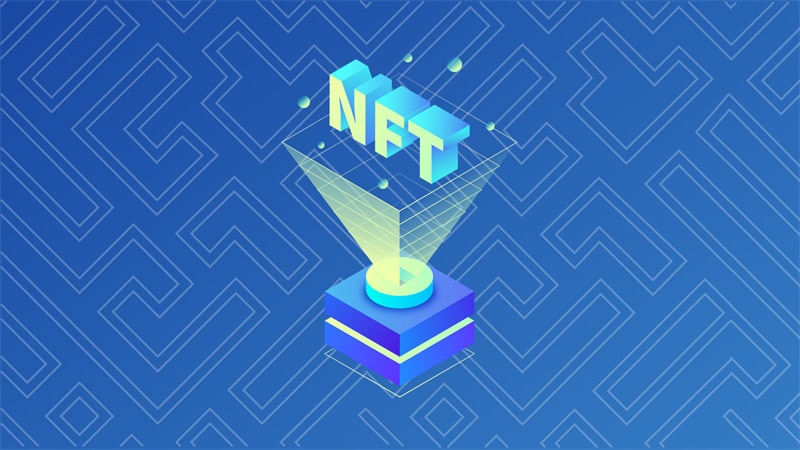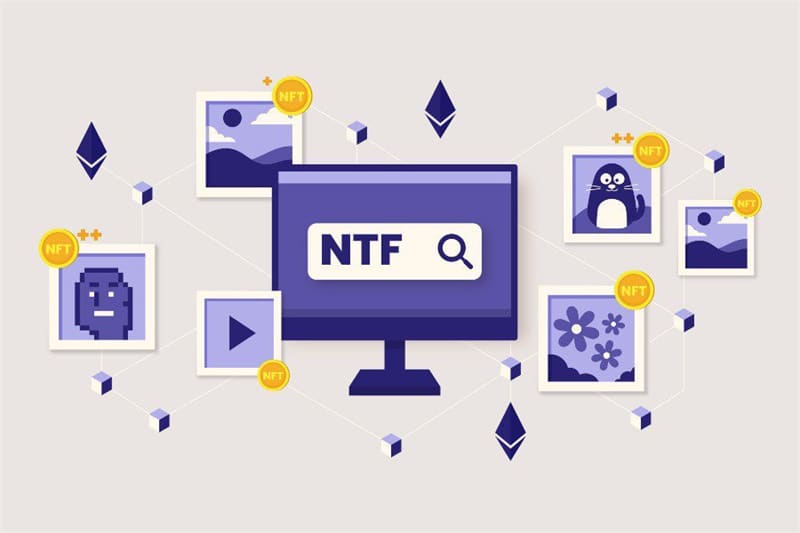
Distributed ledger technology (DLTs), for example, blockchain, is another kind of innovation that is representing a danger to our existing business approaches.
Those old plans of action depended on drowsy and costly middle people to assemble certainty between two people who have little to no faith in one another naturally, for example, two organizations trying to exchange cash for a resource. To know more about bitcoin trading you can visit Profit Edge.
The Bitcoin currency which is responsible for the formation of virtual currency that anyone might hold – was quick to utilize blockchain in 2008. In 2014, Ethereum, the second era of blockchain, was presented, permitting developers to run programs also known as smart contracts, on a distributed record.
Engineers and associations had the option to make monetary applications that pre-owned digital currencies and different types of tokens for things like acquiring and loaning, on account of smart contracts.
Such innovation-led evolutions of such ideas could lower the costs incurred while there is a value exchange. Tokenization of nearly anything or everything is one strategy where value is communicated on a distributed ledger.
Tokens can be considered in two ways: fungible and non-fungible. The capacity to trade one cash for one more of a similar kind is one such characteristic of fungibility. Non-fungibility, then again, is the perfect inverse: it is exceptional this can't be duplicated.
We'll dig into the domain of non-fungible tokens, where they are being applied, their different use cases, as well as the digital ownership, advanced by them in this article.
Meanings Of Fungibility And Non-Fungibility

Fungibility basically interprets the capacity to be replaced by something almost identical – when we term a thing as fungible it means that there are normally bunches of them that are identical to one another. Fungible tokens can be partitioned and traded for different tokens.
The fundamental quality of non-fungibility is its distinctiveness. A non-fungible token is one of a kind and can't be copied.
Explaining Non-Fungible Tokens:
Non-fungible tokens are digital tokens that address some exceptional kinds of items. Shoes, craftsmanship, a boarding pass, a college degree, business land are instances of these things, which can be digital as well as physical. NFTs let ownership of exceptional things affirm their possession and realness.
Some Important Attributes OF NFTs

- With regards to their utility, NFTs have been indissoluble 100% of the time. A boarding pass, for instance, can't be bought partially and utilized later; it should be bought in full because the seat may just be utilized by one individual.
- One of the variables impacting the worth of NFTs is their shortage. Makers can make however many resources they need, yet they additionally can restrict the amount of NFT for the shortage.
- NFTs are additionally indistinguishable because they are not at all the same and also can not be exchanged. Each NFT's metadata is an unchangeable record that fills in as a testament of credibility.
- NFTs are put away on a DLT in a connected record. The private key of the record where the NFT dwells is under the authority of the NFT's unique developers, and they are permitted to move the NFT to any record.
- Purchasers can trust and check the authenticity of a particular NFT since public distributed ledgers are decentralized and unchanging, with records of token issuance, move, and action that can be freely affirmed.
Closing thought
The capability of non-fungible resources is boundless. NFTs permit us to arrange, issue, store, offer, purchase, and sell tangible and digital resources on a device that fits in the centre of our hand. It can evolve our digital system.










